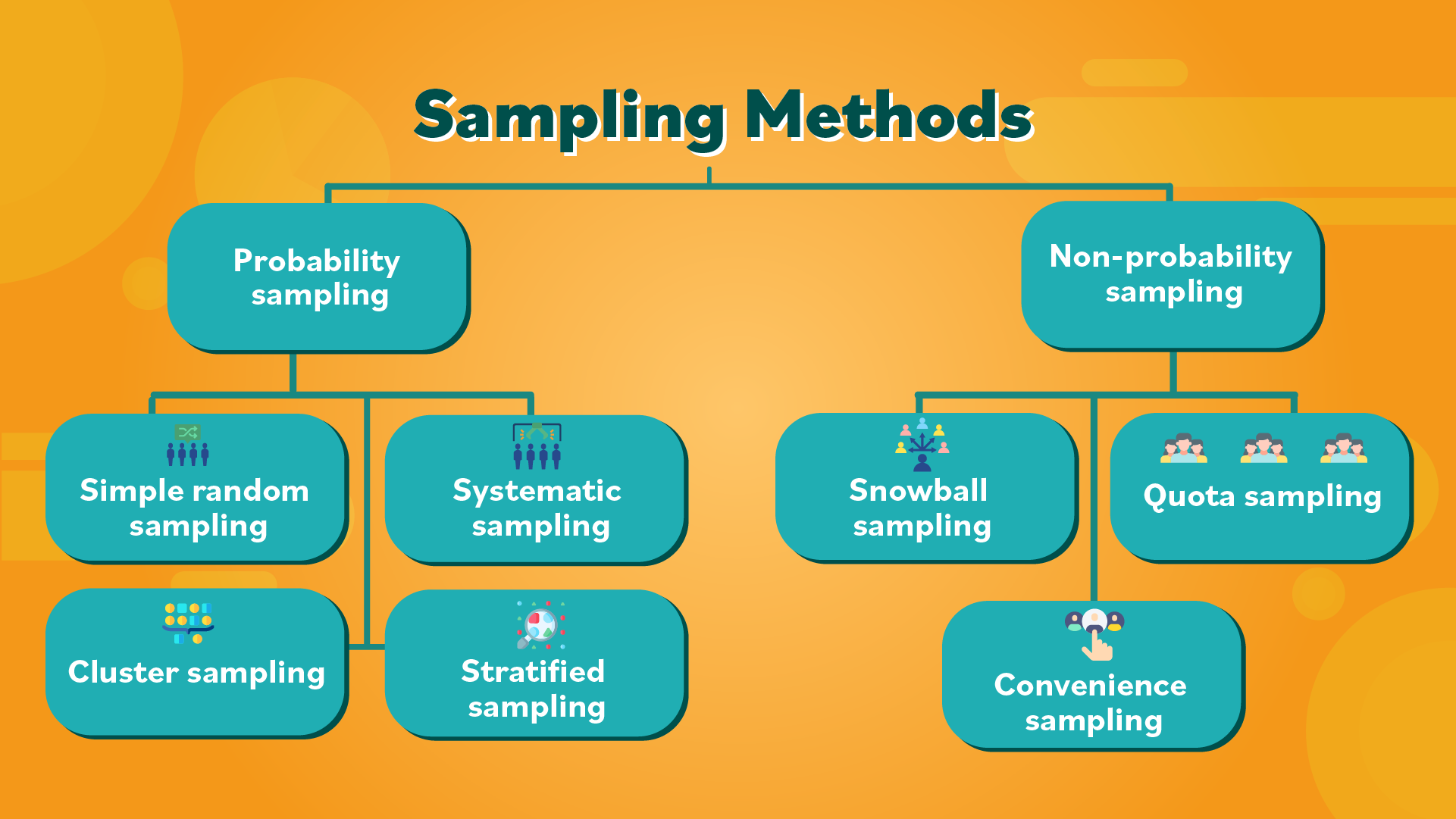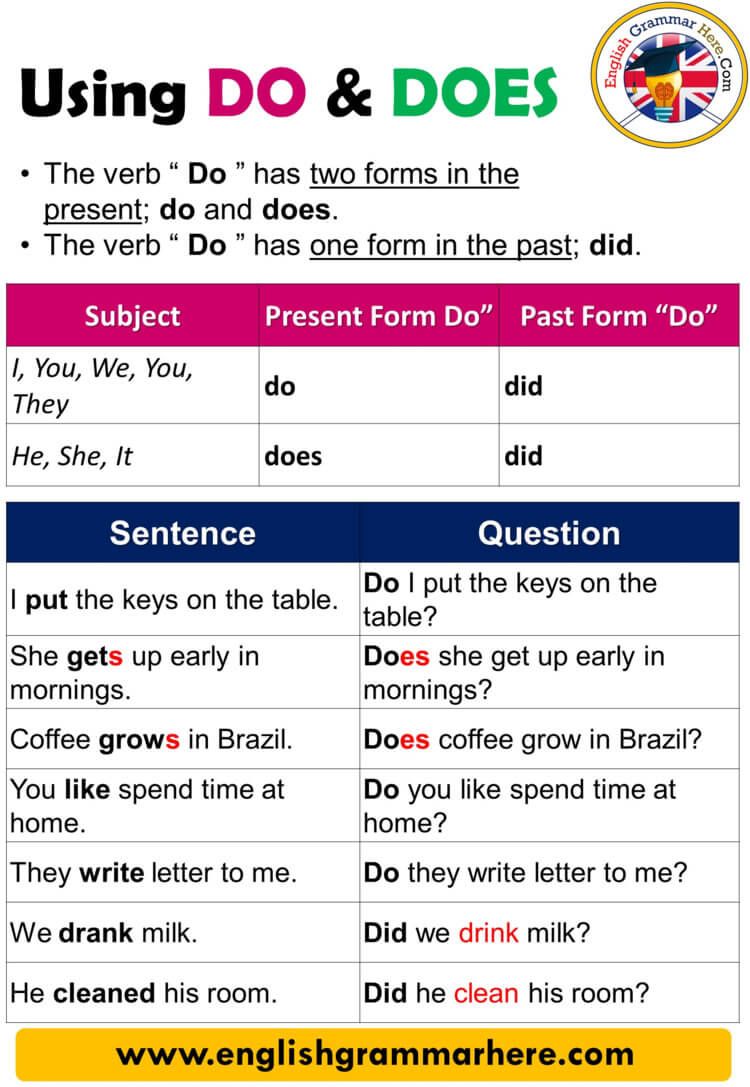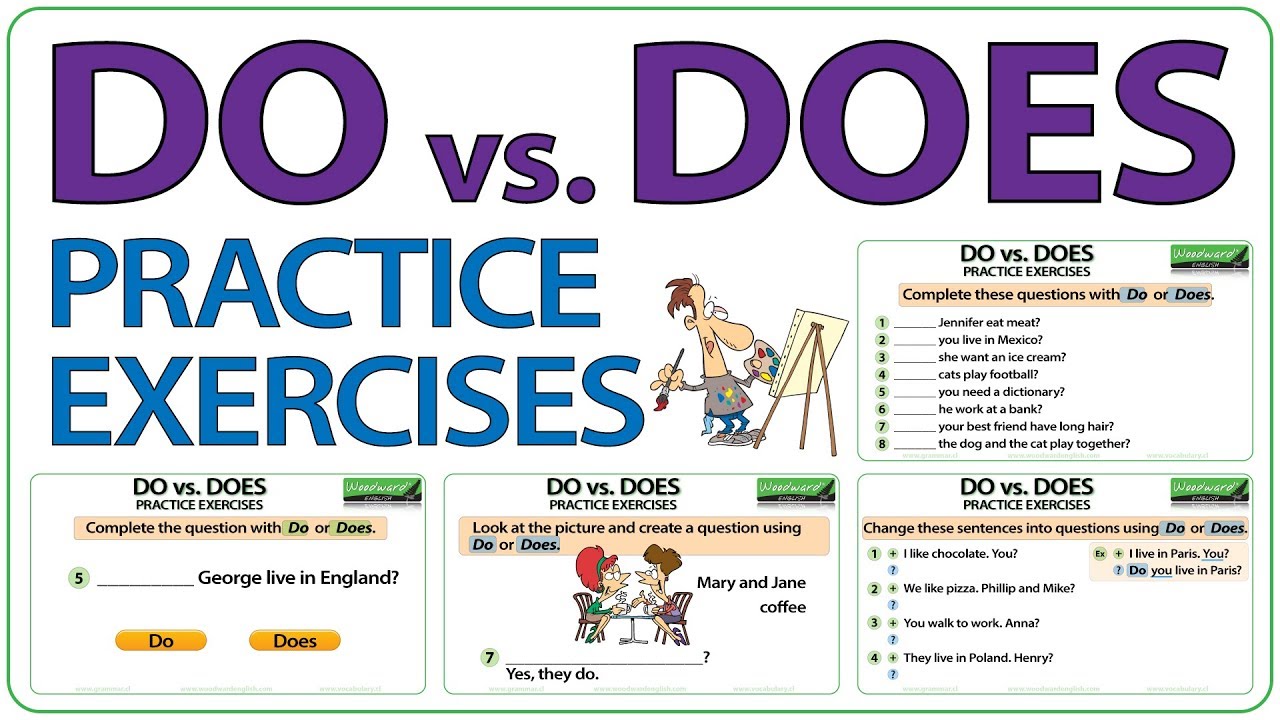Understanding CDA in Real Estate: Commission Disbursement Authorization and Collateral Desktop Analysis
Introduction to CDA in Real Estate
In the dynamic realm of real estate, the acronym CDA can refer to two distinct concepts, each playing a critical role in property transactions. The most common use is Commission Disbursement Authorization , a vital document that governs how commissions are paid during home sales. Less commonly, CDA may also mean Collateral Desktop Analysis , a due diligence tool used by lenders to review appraisals before funding loans. Understanding each CDA type is essential for real estate professionals, buyers, sellers, and investors.
Commission Disbursement Authorization (CDA): Definition and Importance
The Commission Disbursement Authorization is a formal document generated by a real estate brokerage that provides explicit instructions to the closing agent-typically a title or escrow company-on how to distribute commission funds at closing. The CDA acts as the blueprint for commission payments, ensuring each party receives the correct amount based on existing agreements. This process is crucial for maintaining transparency, preventing disputes, and ensuring compliance with brokerage policies and regulatory requirements. [2]
Key Components of a CDA
A typical CDA includes:
- Property details: address, sale price, buyer and seller identities.
- Agent and brokerage information: names, affiliations, and contact details.
- Title company or escrow agent details.
- Commission breakdown: exact amounts for each agent and brokerage, including referral fees or splits.
- Payment method: check, wire transfer, or mail instructions.
- Additional fees: administrative charges or transaction coordination fees.
By clearly outlining these details, the CDA helps mitigate miscommunication and ensures that all parties are aligned on payment expectations. [1]
How the CDA Streamlines Transactions
For brokerages and transaction coordinators, the CDA is indispensable for:
- Ensuring timely commission payments.
- Upholding legal and compliance standards.
- Reducing administrative errors and disputes.
- Providing agents with clear, predictable compensation.
Delays or mistakes in CDA preparation can lead to agent dissatisfaction, compliance headaches, and unnecessary administrative burden. [2]

Source: ar.inspiredpencil.com
Practical Steps for Accessing and Using a CDA
If you are an agent or broker involved in a transaction, you can typically obtain a CDA through your brokerage’s back-office or transaction coordination team. The process generally involves:
- Confirming all commission arrangements (listing agreement, buyer broker agreement, referral agreements).
- Providing transaction details to the coordinator or office administrator.
- Reviewing the CDA draft for accuracy and ensuring all payment terms are correct.
- Delivering the signed CDA to the closing agent before the closing date.
- Verifying that commissions are disbursed as instructed at closing.
If discrepancies arise, agents should immediately communicate with their brokerage and the closing company to resolve the issue before funds are released. [3]
Real-World Example
Consider a scenario where two agents from different brokerages co-list a property. The CDA specifies each agent’s share, any referral fees, and outlines how the title company should distribute checks. Without a CDA, confusion could lead to delayed payments or disputes. With a well-prepared CDA, both agents receive prompt, accurate payments immediately after closing.
Collateral Desktop Analysis (CDA): A Lender’s Due Diligence Tool
Another meaning for CDA in real estate is Collateral Desktop Analysis , a third-party appraisal review commonly required by private lenders before approving loans. This CDA provides an independent assessment of the property’s appraised value, helping lenders mitigate risk and ensure sound underwriting. [4]
Purpose and Process of Collateral Desktop Analysis
The Collateral Desktop Analysis is conducted by an appraisal review company, such as ClearCapital. It involves:

Source: drive.cloud.mn
- Reviewing the original appraisal report for accuracy and credibility.
- Cross-checking comparable sales and market data.
- Identifying discrepancies between the appraiser’s valuation and market evidence.
- Issuing a report to the lender with recommendations to accept or challenge the appraisal.
Lenders use this tool to avoid funding loans based on inflated or inaccurate appraisals, particularly for investment properties and DSCR (Debt Service Coverage Ratio) loans.
Accessing a Collateral Desktop Analysis
If you are a borrower or investor, a CDA may be requested by your lender as part of the loan approval process. The lender typically arranges the CDA through a third-party provider. You can inquire with your lender about the status and results of the analysis, and request a copy of the report for your records.
Potential Challenges and Solutions
Some common challenges with Collateral Desktop Analysis include:
- Delays in appraisal review, which can slow down loan approval.
- Disputes over valuation outcomes, potentially requiring additional documentation or a new appraisal.
To address these issues, maintain clear communication with your lender, supply comprehensive property data, and promptly respond to requests for clarification.
Real-World Example
An investor seeks a DSCR loan for a multifamily property. The lender orders a CDA to verify the appraised value before finalizing the loan. The CDA identifies a discrepancy in comparable sales, prompting the lender to request further documentation. Through this process, both parties gain confidence in the transaction’s integrity.
Alternative Pathways and Best Practices
If you encounter a CDA requirement in your real estate transaction, consider these best practices:
- For Commission Disbursement Authorization: Confirm all commission agreements early, review the CDA for accuracy, and communicate proactively with your brokerage and closing agent.
- For Collateral Desktop Analysis: Cooperate with your lender, provide timely documentation, and understand that the CDA protects both lender and borrower from appraisal errors.
If you need additional support, reach out to your brokerage’s compliance team, transaction coordinator, or the title/escrow company. For appraisal reviews, contact the third-party provider or ask your lender for detailed instructions.
Key Takeaways
The term CDA in real estate most commonly refers to the Commission Disbursement Authorization , a document that ensures agents and brokerages are paid accurately and transparently at closing. For lenders and investors, CDA can also mean Collateral Desktop Analysis , a crucial appraisal review for risk management. Both serve to enhance trust, clarity, and compliance in real estate transactions. To access or understand CDA documents, communicate with your brokerage, title company, or lender, and review all documentation thoroughly to avoid delays or errors.
References
MORE FROM couponito.com













